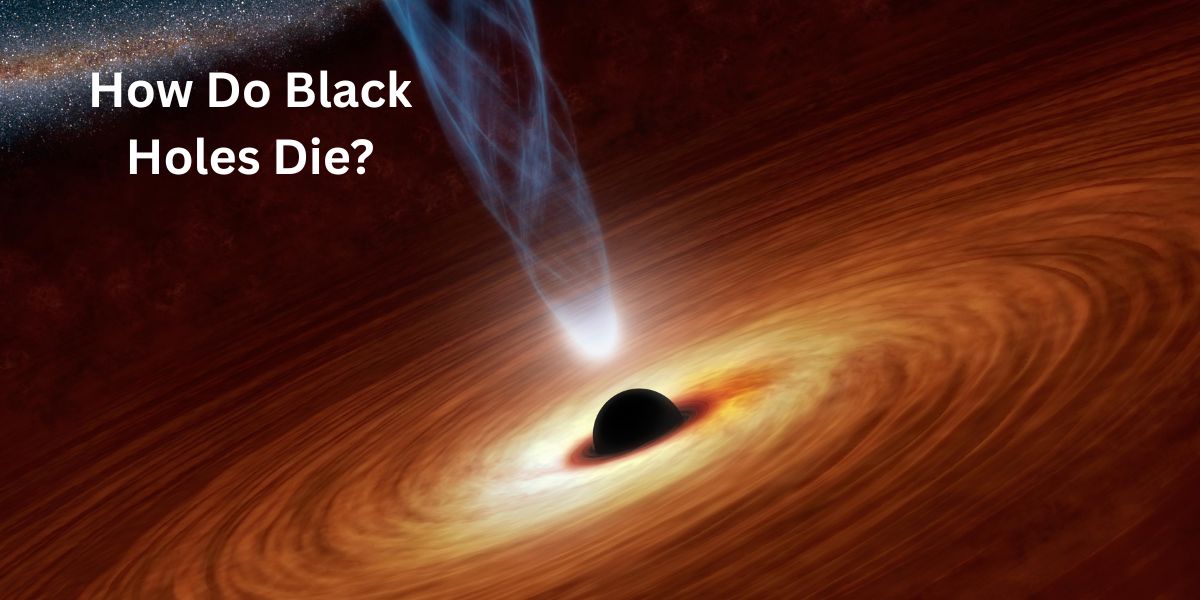Black holes are some of the most mysterious things in space. They are so strong that nothing, not even light, can escape their pull. But have you ever wondered—what happens to a black hole? Can it disappear?
Scientists say yes! Black holes don’t last forever. Over a very, very long time, they slowly fade away. But how? The answer is both strange and amazing.
So, how does something as powerful as a black hole die? Let’s find out!
What Is a Black Hole?
A black hole is a place in space where gravity is super strong. It forms when a very big star collapses. The pull is so strong that anything that gets too close gets sucked in—even light!
- Example: Imagine a giant vacuum cleaner in space. If something gets too close, it’s gone forever.
- Fun Fact: The center of a black hole is called a singularity—a point where all the mass is squeezed into an tiny space.
Black holes come in different sizes. Some are small, and some are huge, like the one at the center of our galaxy!
Do Black Holes Last Forever?
No! Even though black holes are powerful, they don’t live forever. They slowly lose energy over time. This happens because of something called Hawking Radiation.
- What is Hawking Radiation?
- Tiny particles near the black hole escape over time.
- This makes the black hole lose mass and energy.
- How long does it take?
- A small black hole might take billions of years to disappear.
- A big black hole could take trillions of years!
It’s like a balloon losing air—but much, much slower.
What Happens When a Black Hole Dies?
When a black hole loses all its energy, it explodes in a tiny burst of light and energy.
- Fun Fact: The explosion is very small compared to other space events.
- Why don’t we see this happen?
- Because black holes take so long to die, we’ve never seen one disappear.
Scientists think the last moments of a black hole would be like a small firework in space—quick and bright!
Can a Black Hole Die Faster?
Normally, black holes die very slowly. But some things can speed it up:
- If it’s very small (tiny black holes lose energy faster).
- If it doesn’t “eat” anything (no new mass means it fades quicker).
However, most black holes in space are big and keep pulling in gas and stars, so they stay alive for a very long time.
Will All Black Holes Eventually Die?
Yes! Over an unbelievably long time, every black hole will fade away. But since the universe is still young, most black holes are still here.
- Fun Fact: The last black holes in the universe might take googols of years (that’s a 1 followed by 100 zeros!) to disappear.
Conclusion
Black holes are strong, mysterious, and don’t last forever. They slowly lose energy and, after a very long time, vanish in a tiny burst of light. Even though we’ll never see it happen, it’s amazing to think that even the most powerful things in space have an end.
📌 Frequently Asked Questions
Can a black hole die naturally?
Yes! Black holes slowly lose energy and fade away over trillions of years.
What is Hawking Radiation?
It’s tiny particles escaping a black hole, making it lose mass over time.
How long does a black hole live?
Small ones take billions of years, big ones take trillions or even longer!
Do black holes explode when they die?
Yes, but it’s a very small explosion—nothing like a supernova.
Has a black hole ever died?
Not that we know of. The universe is too young for black holes to have fully disappeared yet.
What happens if you fall into a black hole?
You would be stretched apart (spaghettification!) before reaching the center.
Can a black hole destroy the universe?
No. Black holes are powerful, but they don’t have enough energy to destroy everything.
Are there tiny black holes?
Scientists think tiny black holes might exist, but we haven’t found any yet.
What is inside a black hole?
We don’t know for sure! The center is called a singularity, where physics breaks down.
Can black holes die if they keep eating stars?
Yes, but it takes much longer because they keep gaining mass from what they “eat.”
